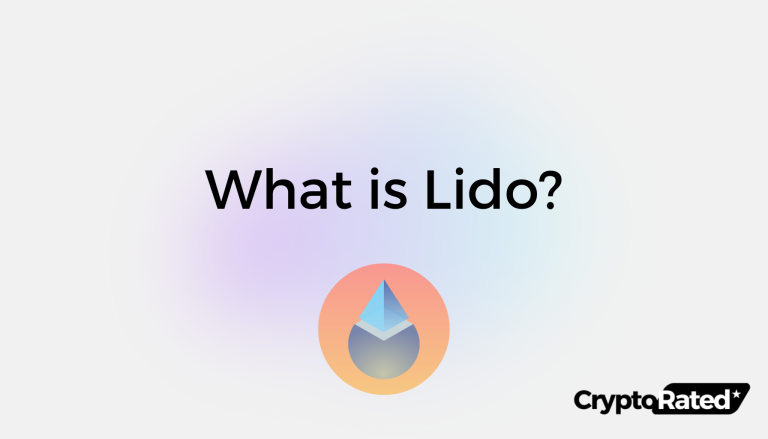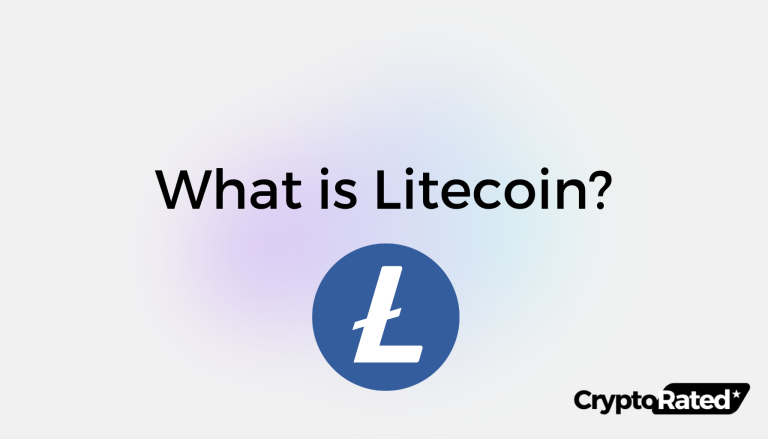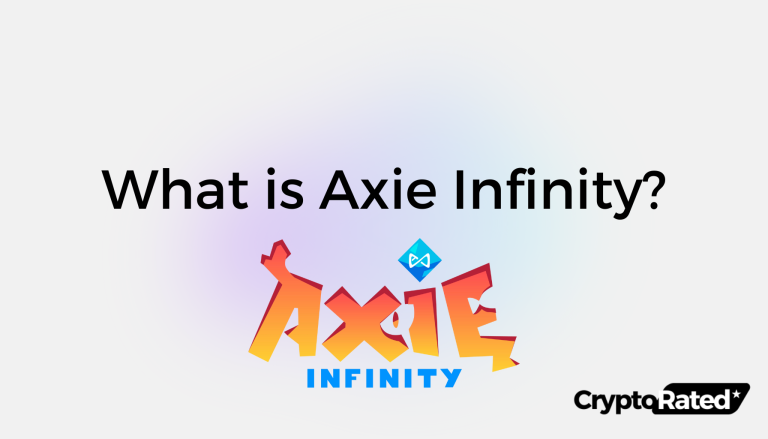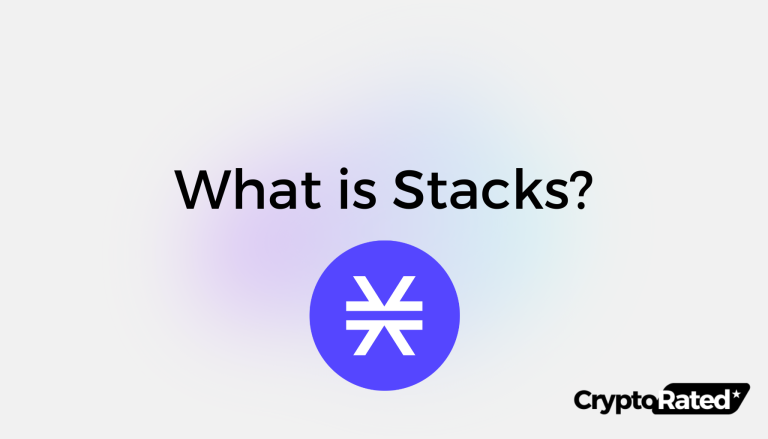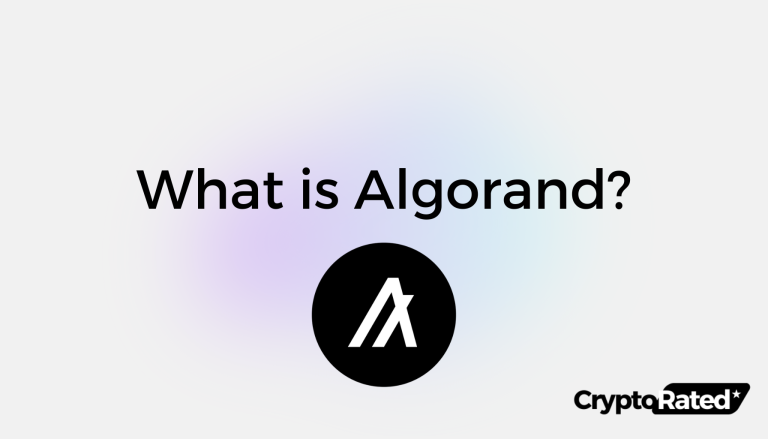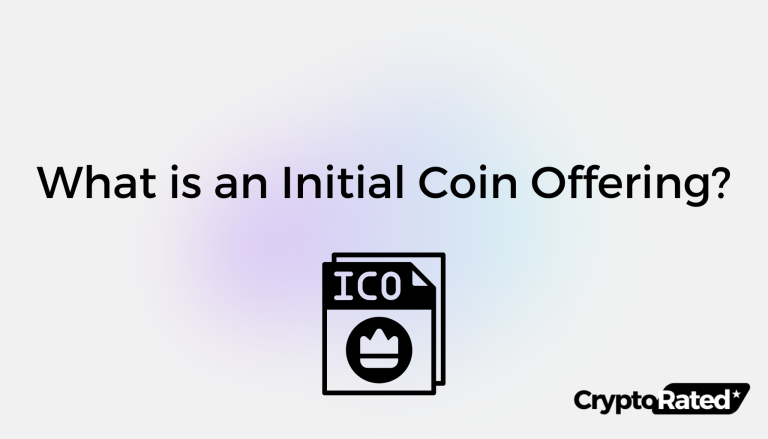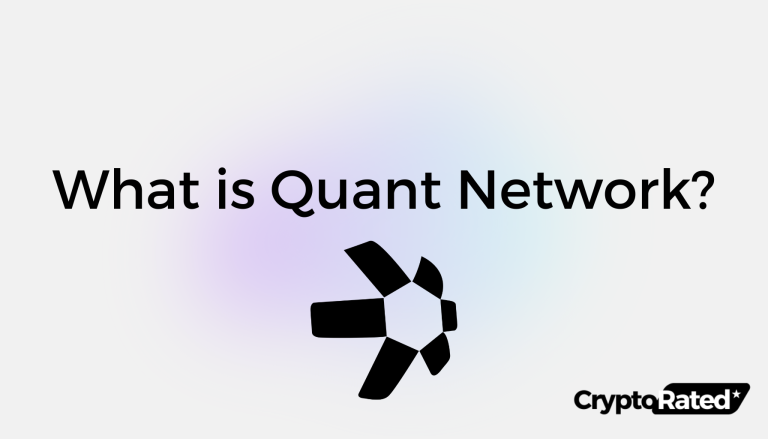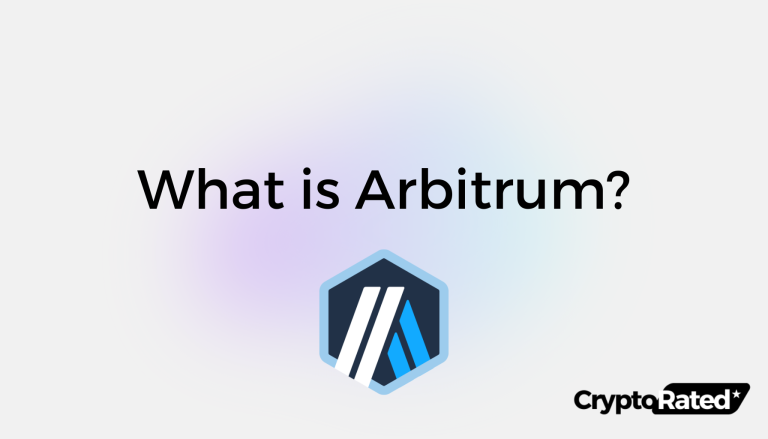Lido DAO (LDO) Explained: The Leading Liquid Staking Protocol
What Is Lido DAO (LDO)? Lido DAO is a liquid staking solution for Proof-of-Stake (PoS) blockchains. It allows users to stake their tokens without locking them up, which means they can still use and trade them while earning rewards. This makes Lido a more accessible and flexible way to participate in PoS networks. Lido works…

